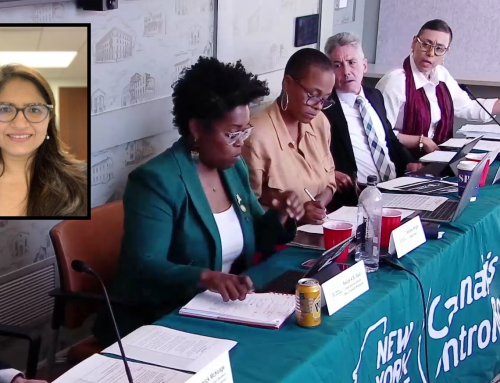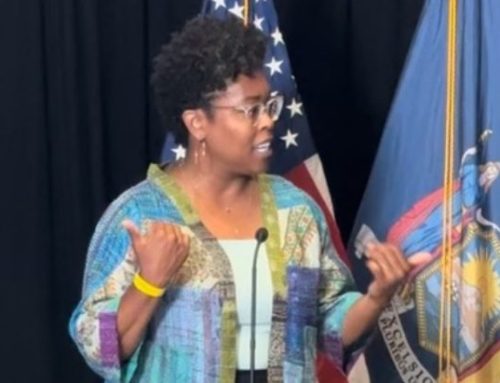Hochul administration slow to realize touted child care initiatives
At the end of 2021, Gov. Kathy Hochul signed off on legislation intended to ensure that child care providers could get direct deposit payments from social service districts around New York.
The state Office of Children and Family Services was required to issue regulations within a year to ensure the implementation of this new system, which the governor said would “expedite the delivery of funds to child care providers and alleviate the financial stress caused by potential delays in receiving subsidy payments.”
More than two years later, the system is not in place, with many child care providers left waiting for paper checks, which represent an administrative burden and an unnecessary delay for providers that rarely have the time or energy for additional challenges. Child care stakeholders and state lawmakers have been told a phased in use of direct deposit could begin this summer.
A spokesperson for OCFS said they’re working closely with counties and stakeholders to hasten the launch of the direct deposit system.
“The lengthy process required to launch the system in coordination with 57 different counties includes the solicitation of a banking vendor. OCFS recognizes the importance of this system, as it will expedite the delivery of funds to child care programs that serve New York’s children and families,” said an OCFS spokesperson.
For child care providers and state lawmakers, this experience is indicative of other implementation delays by the Hochul administration, including the publishing of an overdue child care task force report and slow rollout of a child care pilot program. During the peak of the pandemic, former Gov. Andrew Cuomo’s administration came under fire for the slow deployment of an influx of federal child care dollars.
Assemblywoman Sarah Clark, a Rochester-area Democrat, who sponsored the direct deposit legislation, said it’s hard to know whether the setbacks with these initiatives are emblematic of larger problems at OCFS. It was her understanding that the direct deposit program was delayed because of technology issues. She lamented not keeping closer tabs on the implementation of her law.
“You just sort of think it’s happening,” said Clark. “It’s still frustrating on many levels.”
In last year’s budget, one of the major child care initiatives touted by the governor was a $4.8 million investment in an employer-sponsored child care pilot program. A spokesperson for OCFS indicated they have been collaborating with other states that have similar programs as they develop a request for proposal that is in alignment with guidance from the state comptroller’s office. The RFP will be issued “soon.”
As for the report of the Child Care Availability Task Force, whose informal recommendations from December were largely ignored in the recently adopted state budget, the OCFS spokesperson said they’re grateful for the contributions of the task force’s members and that their report will be released “in the near future.”









Social Media